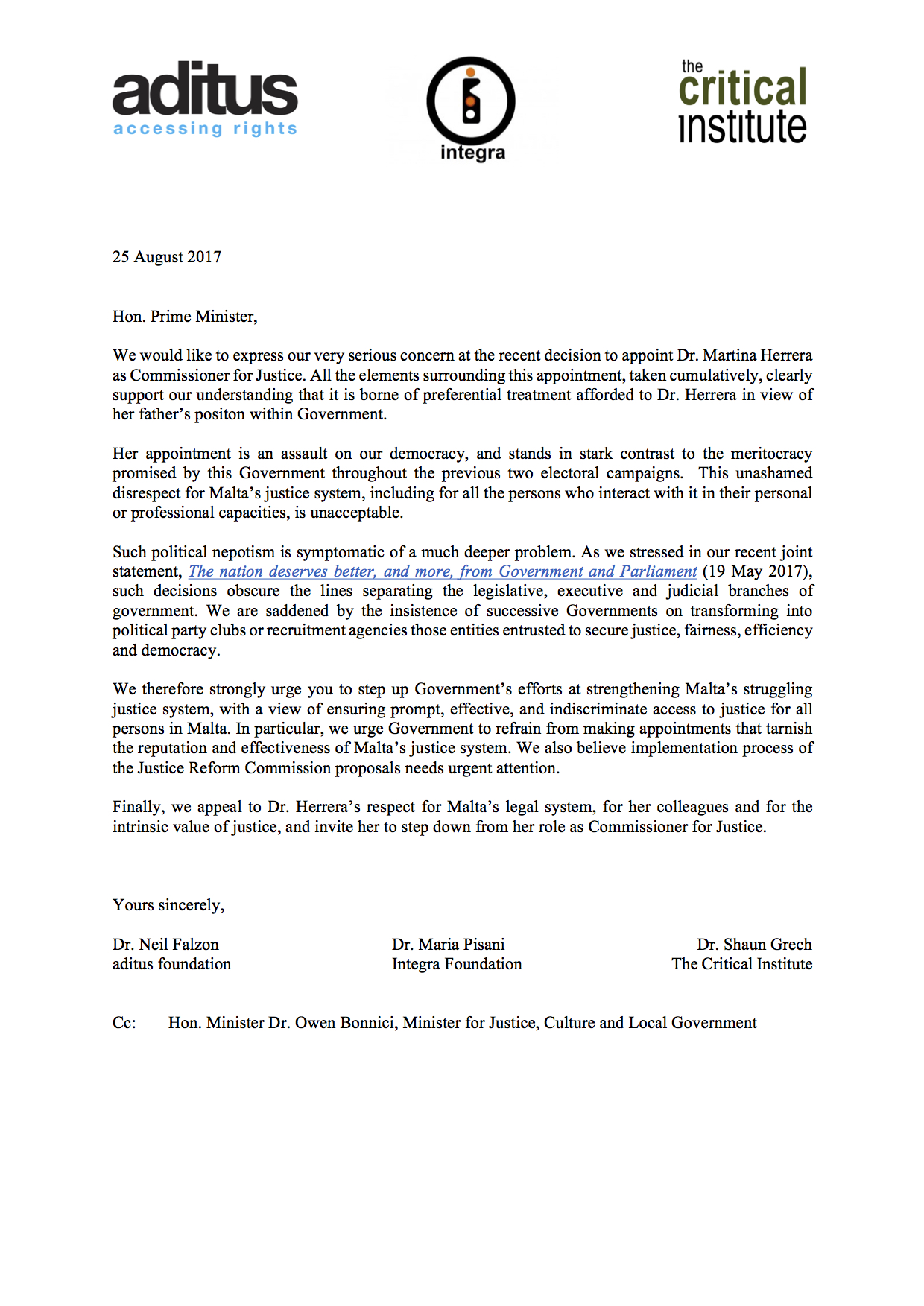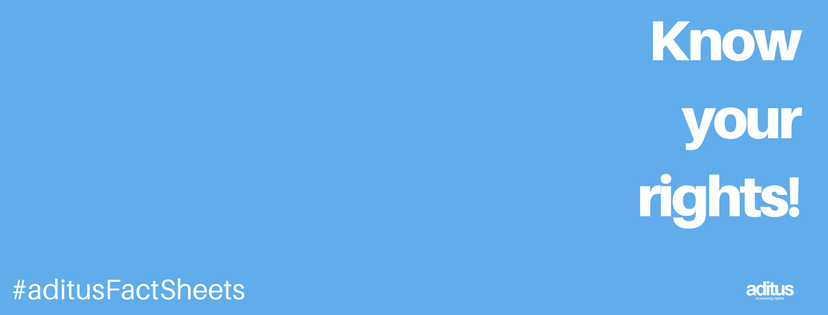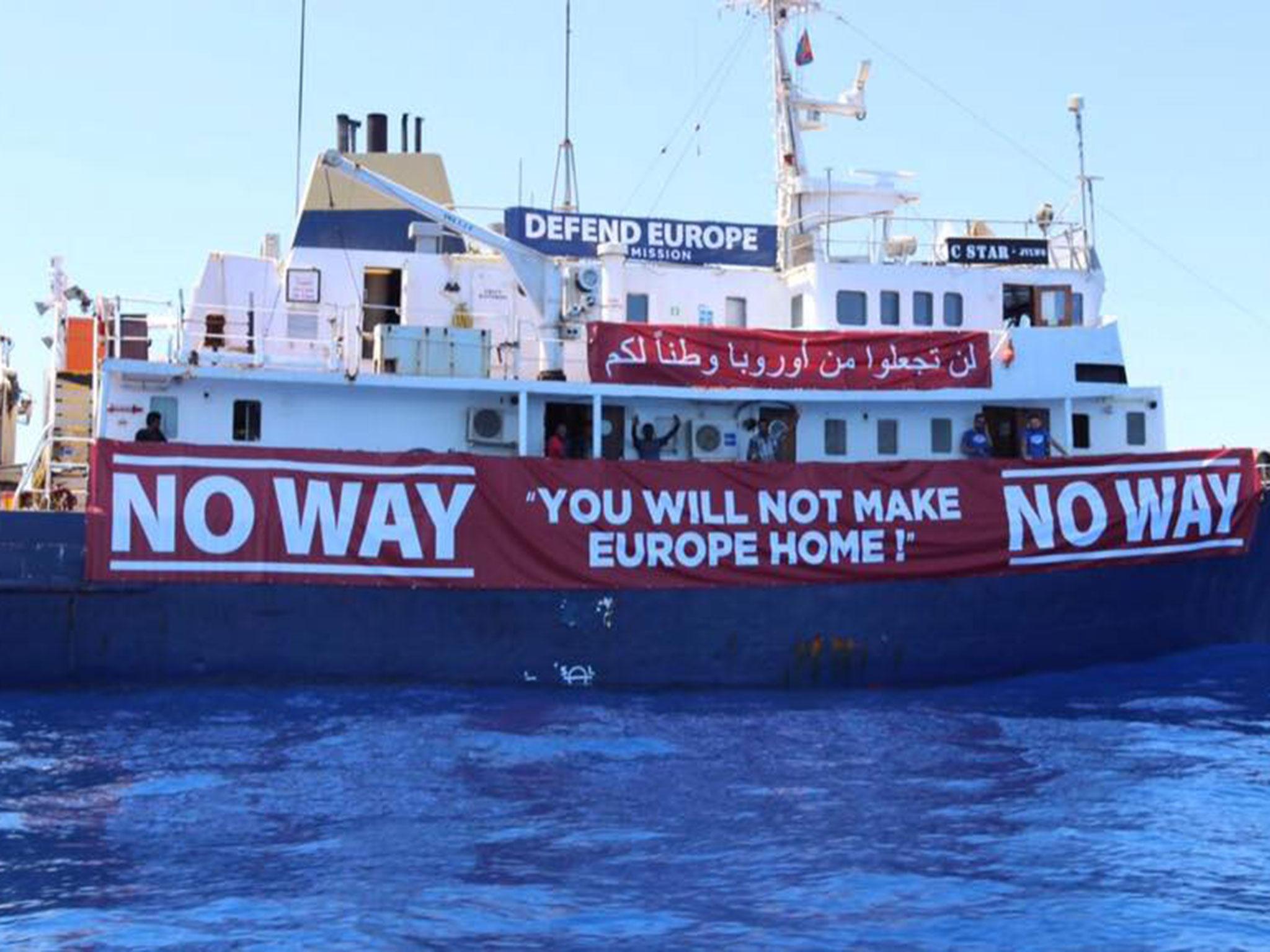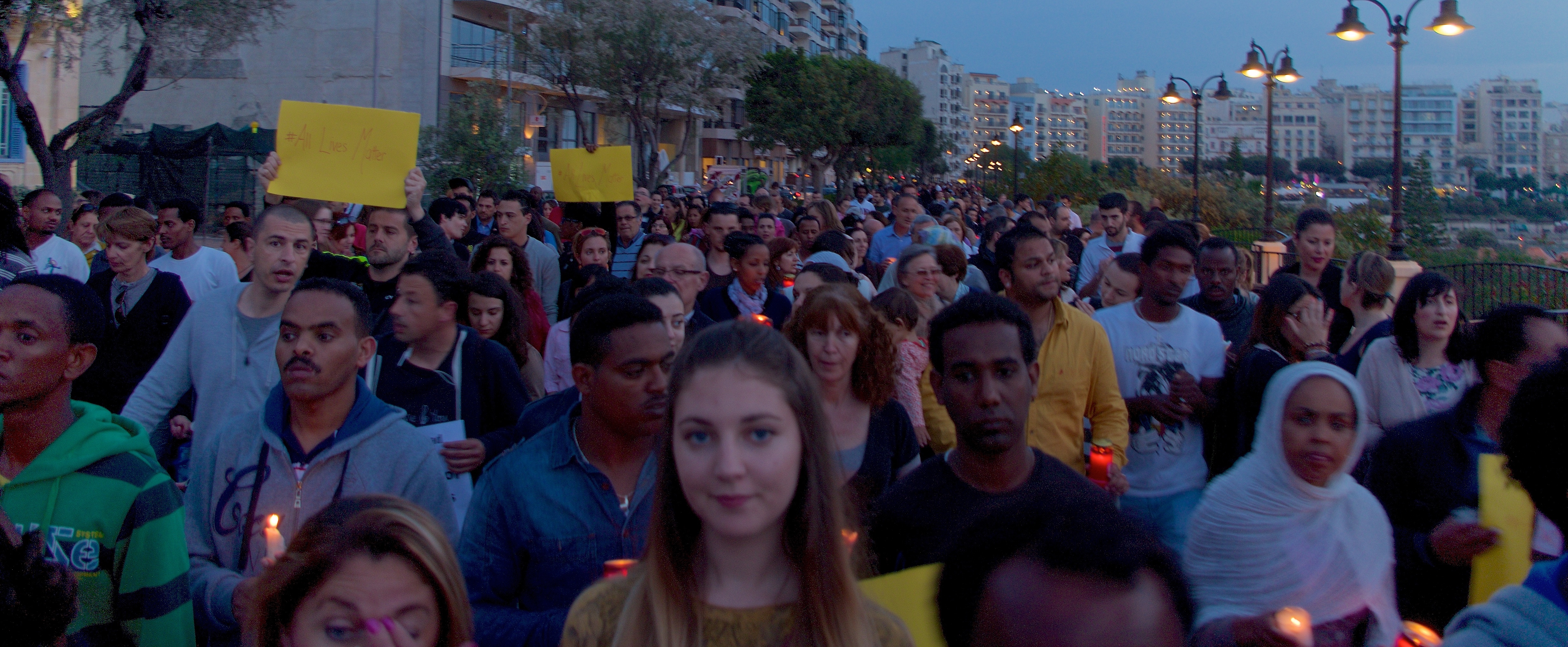From 3rd to 16th July 2017, Teatro Stabile di Torino and Banca San Paolo with the support of the Regione Piemonte organised the Training Awareness Campus in Moncalieri, Turin, Italy, addressed to actors, cultural mediators, animators, dancers, social workers, doctors, psychologists, physiotherapists, trainers, gymnasts, singers and students, aimed at the consolidation of a group for conducting theatrical practices for the care of the person and in particular for the migrants.
Being also a Drama Trainer and Artistic Project Manager of programmes exploring themes related to vulnerable, marginalised and displaced people, I flew to Italy, to Turin and was one of the 50 participants.
The training provided a safe space in which everyone, young people up to the age of 85 years old, could express themselves freely and explore their creativity. The applied learning method was based on the constant and rigorous exercise of awareness and attention through the practice of physical, vocal and narrative action and on the practice of articulated instruments for building a way of reflecting on space and relationships with the others. The training focused on acting, interactive theatre, devising to bear witness, raise awareness, and build alliances and a cultural resistance movement at the core of a free and critical society.
During the training, the practical work was supplemented by several public talks of pedagogy, philosophy, history, and literature held by professors and doctors coming from the University of Milan, Bologna and Turin. Also in the evening, the social life consisted of cultural events organised by local organisations of refugees, volunteering associations for people with disability and migrant women groups.
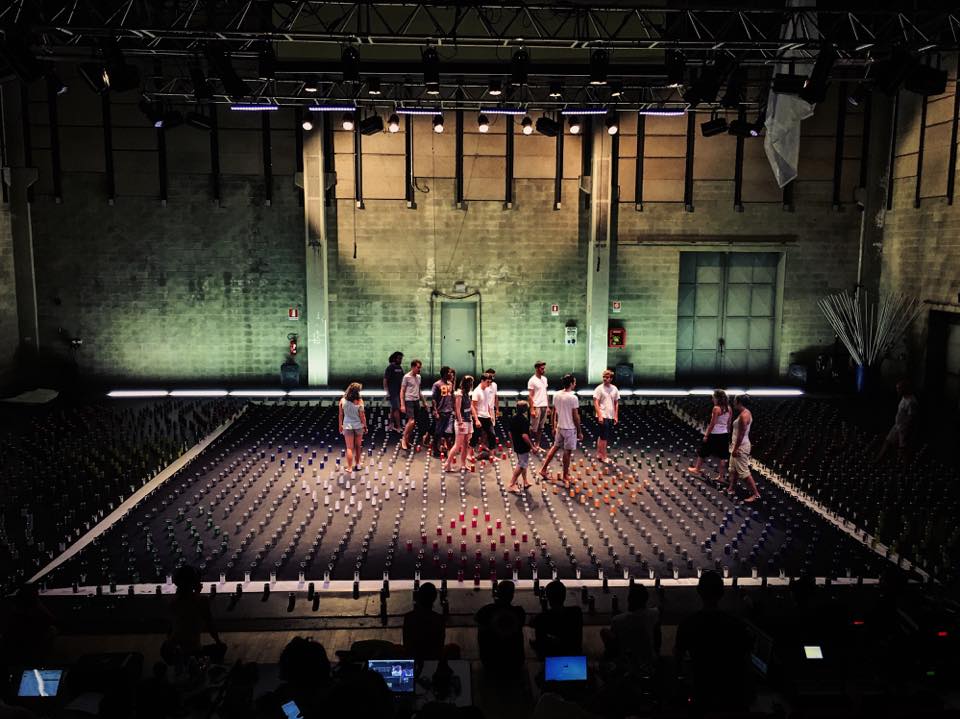
Fonderie Limone, Moncalieri, Turin, Italy. Ph credit: Giulietta Vacis
The training was very intense, from 9.00 in the morning till 8.00 in the evening. Living for 2 weeks with a very diverse group of people, sharing very personal emotions and stories helped us to develop an environment of inclusivity and integration in which every person is made to understand that she or he has a contribution to offer.
The trainers’ team worked hardly to facilitate and encourage our social interaction, collaboration, positive communication, mutual support and listening through very specific exercises and social games. I think that producing state of art and thought-provoking theatre and media products in order to strengthen collaboration, self-awareness, creativity and imagination is extremely important for working in our community and advocating good governance, accountability, equality, integrity and justice.
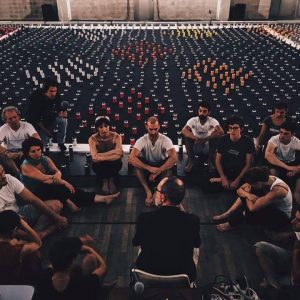
Fonderie Limone, Moncalieri, Turin, Italy. Ph credit: Giulietta Vacis
Artistic expression is a strategy to build a sense of community, of unity, of shared values, an alternative world view, and a commitment to making the struggle for social justice an integrated part of our lives.
The cultural resistance campus in Italy aimed to raise awareness and critical sense that is able to analysis of the reality around us and challenge all forms of oppression.

Fonderie Limone, Moncalieri, Turin, Italy. Ph credit: Giulietta Vacis
Antonella Sgobbo, Programmes Officer
